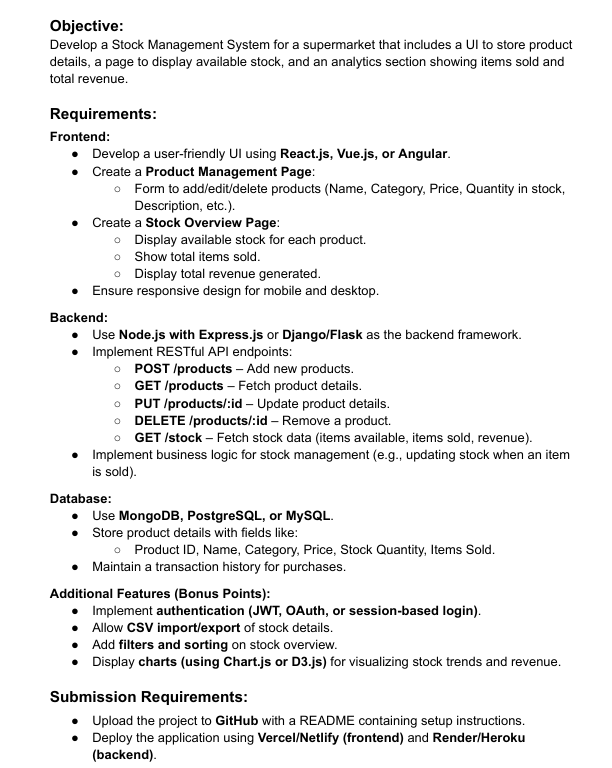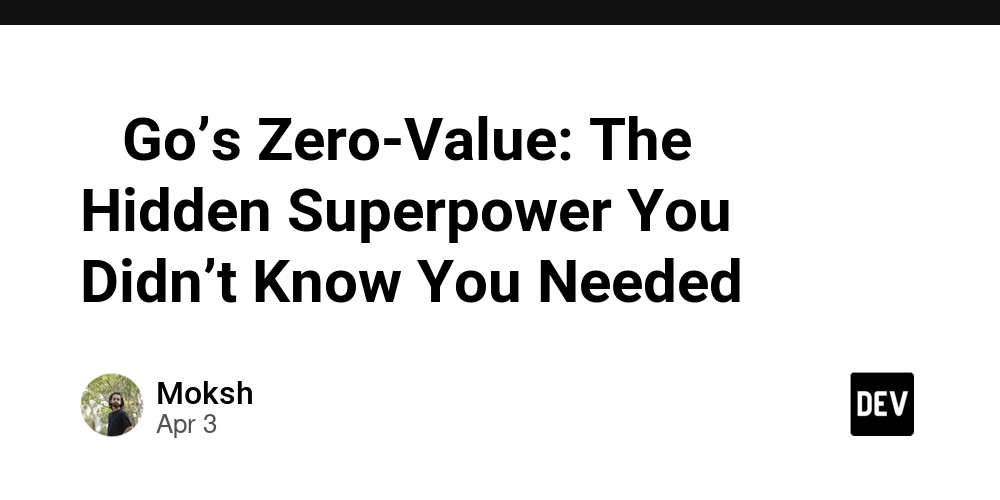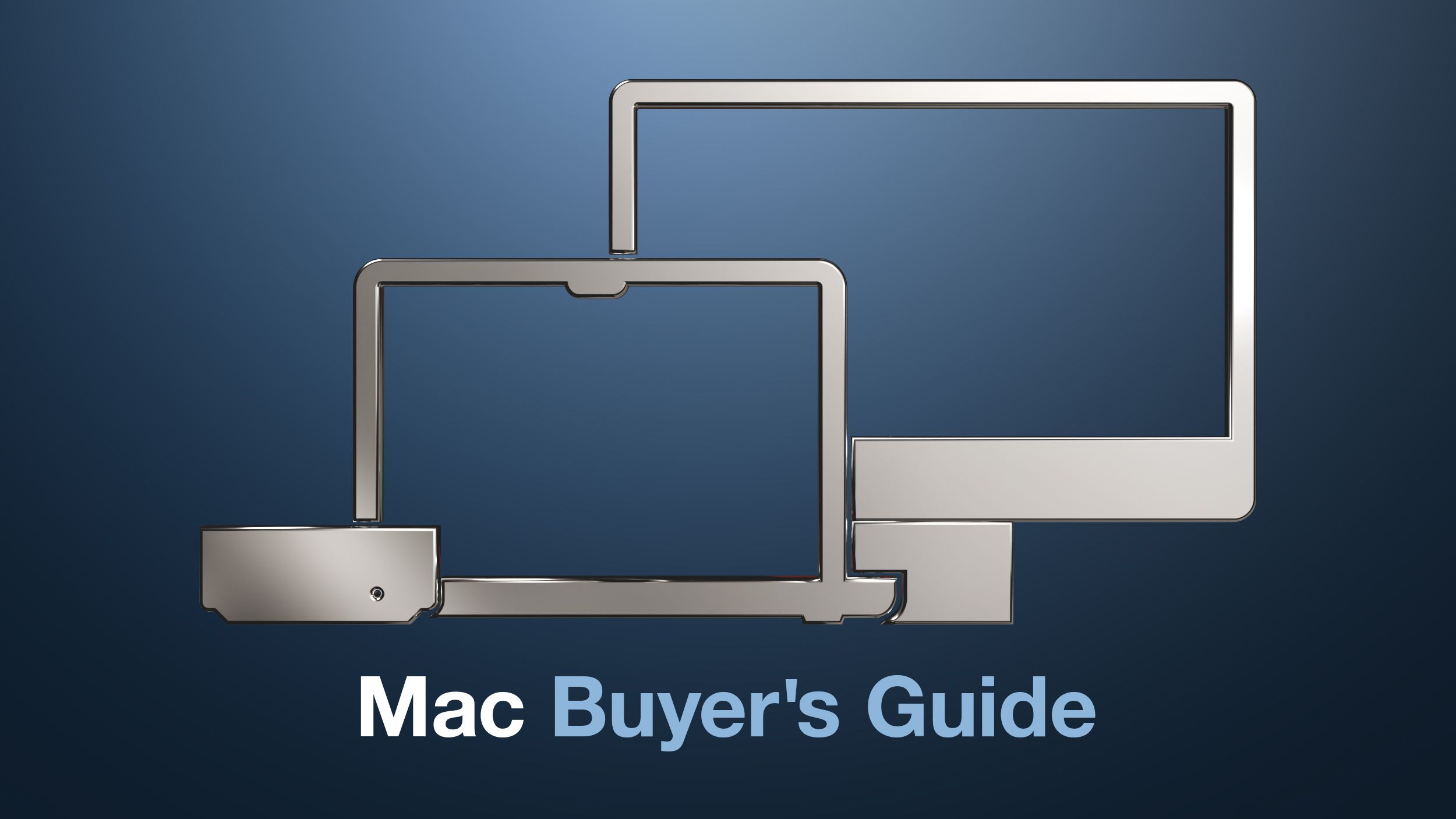Founders, Here’s How Not To Be Thrown Overboard After A Big Fundraise
A big funding raise comes with big responsibility, writes guest author Dan Lifshits of Dwelly, who advises founders to take control by maintaining solid investor relations with clear, transparent communication.

By Dan Lifshits
Raising capital is an inevitable step for almost any startup founder — unless you’re building a business that is profitable from day one. However, a big raise comes with big responsibility — not just for the capital itself, but also for maintaining solid investor relations. This involves clear, transparent communication, as otherwise, you risk being nothing more than a bystander, watching your idea come to life or fall apart without you.
History repeats itself far too often for us not to learn its lessons: The curtain call for Jack Dorsey, the boardroom battle that led to the departure of Steve Jobs, and — how could we forget? — the investor-driven departure of Jerry Yang from Yahoo.
Cases like these are countless; you could fill an entire book with them. But is it possible to take control of such subjective things? Well, at least you can try. Here’s how.
It’s the investor, not the fund, that matters

If you don’t want to get the boot right after a raise, do your homework. Too many founders flex about which fund backed them — “I raised from Andreessen Horowitz,” “I got General Catalyst,” or “Sequoia’s in my round” — but they miss the real question: Who at that fund actually wrote the check?
A fund is important, but its true value lies in its partners — their vision, approaches and ways of working, each unique in its own way. The name on the cap table matters less than the person sitting across from you in board meetings.
If you have options, go beyond a firm’s reputation and dig into the actual investor you’ll be working with. Are they hands-on or hands-off? Do they back founders through tough times, or do they cut and run? Have they gone through the same journey you are experiencing now yourself?
Sometimes, the best choice isn’t the flashiest fund but the partner who truly gets your vision, has a strong conviction in it, and is ready to go all-in with you.
And remember: bringing on an investor is like entering a marriage. It’s a long-term relationship built on trust, shared values and a collective commitment to success because you’ll be building together for at least seven to 10 years.
But unlike marriage, founders don’t always have the luxury of picking the perfect match. When you need funding, you often need it fast, and that means compromises are inevitable. The key is knowing which trade-offs are worth making and which could come back to haunt you.
Talk to founders they’ve backed. Do the due diligence. The right investor can be a game-changer. The wrong one? A disaster.
Trust your gut: Red flags only get redder
If something feels off about a potential investor — maybe it’s their approach to business, their values or how they handle tough situations — pay attention. Fortunately, your gut is rarely wrong. This is someone you’ll be working with for years, through the highs and inevitable lows.
The last thing you want is a boardroom full of doubt and friction. The stakes are too high to ignore red flags or convince yourself it’ll “probably be fine.” If it doesn’t feel right now, it definitely won’t feel right later.
When the honeymoon is over
Some founders treat investors like ATMs, only reaching out when they need more cash. While this might seem efficient, it doesn’t build the trust needed to keep you in control when things get tough.
The best founders understand that investor relationships aren’t just about business metrics — they’re about mutual trust, transparency and alignment. This means maintaining open, honest communication — not only during good times, but especially when things aren’t going as planned.
Regular updates, both wins and challenges, create predictability and reliability. And when a crisis hits, the investors who trust you are the ones who’ll stand by you. Those you’ve kept at arm’s length? They’ll be the first to push you out.
Dan Lifshits is the COO and co-founder of Dwelly, an AI-powered proptech startup reshaping the U.K. market through a roll-up strategy. Previously, as general manager at Gett, he led the turnaround of a $100 million business, increasing EBITDA by $3.5 million per month. Lifshits has advised 10 startups, including Fiverr, and served on their boards. He began his career at McKinsey, where, at age 21, he became one of the firm’s youngest associates rising from intern to associate in just two years.
Illustration: Dom Guzman














































































































































































![[The AI Show Episode 142]: ChatGPT’s New Image Generator, Studio Ghibli Craze and Backlash, Gemini 2.5, OpenAI Academy, 4o Updates, Vibe Marketing & xAI Acquires X](https://www.marketingaiinstitute.com/hubfs/ep%20142%20cover.png)































































































































![[DEALS] Microsoft Office Professional 2021 for Windows: Lifetime License (75% off) & Other Deals Up To 98% Off – Offers End Soon!](https://www.javacodegeeks.com/wp-content/uploads/2012/12/jcg-logo.jpg)













































































































































_Anthony_Brown_Alamy.jpg?#)
_Hanna_Kuprevich_Alamy.jpg?#)




.png?#)

























































































![Hands-on: We got to play Nintendo Switch 2 for nearly six hours yesterday [Video]](https://i0.wp.com/9to5toys.com/wp-content/uploads/sites/5/2025/04/Switch-FI-.jpg.jpg?resize=1200%2C628&ssl=1)
![Fitbit redesigns Water stats and logging on Android, iOS [U]](https://i0.wp.com/9to5google.com/wp-content/uploads/sites/4/2023/03/fitbit-logo-2.jpg?resize=1200%2C628&quality=82&strip=all&ssl=1)














![YouTube Announces New Creation Tools for Shorts [Video]](https://www.iclarified.com/images/news/96923/96923/96923-640.jpg)

![Apple Faces New Tariffs but Has Options to Soften the Blow [Kuo]](https://www.iclarified.com/images/news/96921/96921/96921-640.jpg)




































































































































